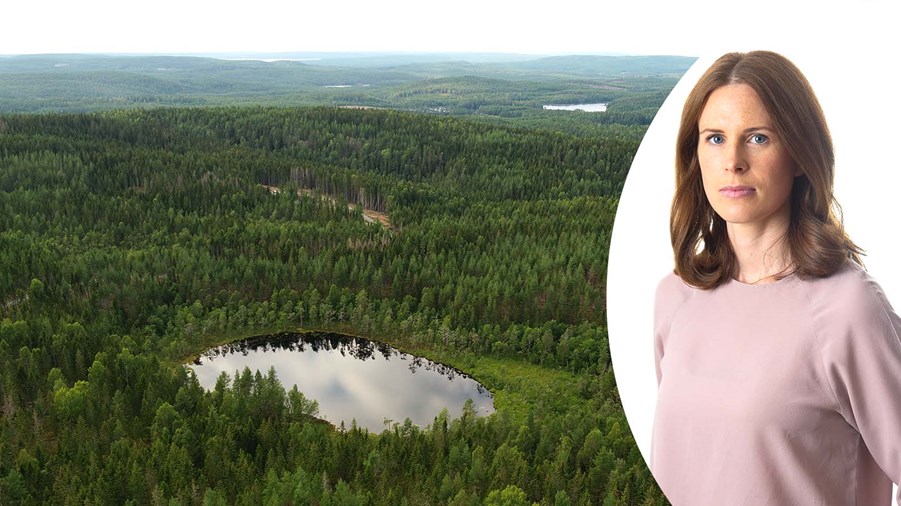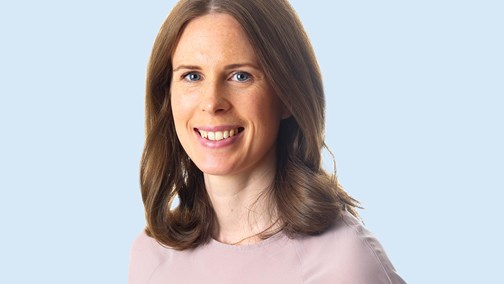
For the EU to reach climate neutrality by 2050, carbon must be removed from the atmosphere. The European Commission has presented its proposal on how active measures for carbon removal should be certified. The Swedish Forest Industries welcomes the framework but warns that it should not be seen as a green light for continued emissions.
"Reducing fossil emissions must be the number one priority in the fight against climate change. The proposal is welcome, but it must not be seen as an alternative to reducing fossil emissions. The Swedish forest-based industry has been contributing to carbon removals for a long time through sustainable forest management and long-lived products. The climate benefit of the forest-based industry should be acknowledged and encouraged", says Emma Berglund, Forest Director, EU and international, at the Swedish Forest Industries Federation (SFIF).
Bio-CCS and long-lived products are effective carbon removal methods
The proposed framework for voluntary certification of carbon removals in the EU includes permanent carbon removals through, for example, Bio-CCS or storage of carbon in products, such as wood construction. Natural processes for carbon removals are also to be stimulated through carbon farming.
Emma Berglund is positive to certain aspects of the proposal.
"The Commission is correct in separating different types of carbon removals in the proposal. Some methods are more long-term and secure than others. Bio-CCS is an effective method, as well as long-lived products that store carbon and replace fossil alternatives", says Emma Berglund.
The carbon sink needs to be sustainable even after 2030
Carbon farming can be an effective method to increase the carbon sink in forests, but it must be long-term and sustainable even after 2030 and 2050, says Emma Berglund.
"A carbon sink that is stable over time requires active forest management to maintain growth. The proposed measures should not lead to a lower carbon sink in the future", says Emma Berglund.
SFIF sees the proposed framework as a complement to the national targets for increasing the carbon sink that were recently set in the LULUCF-regulation.
"It is important that all measures which this certification seeks to stimulate are counted towards our national carbon sink target. It is a challenging goal, all measures are needed for Sweden to reach it", says Emma Berglund.
Low transparency with delegated acts
Many important details in the proposal will be decided at a later stage through delegated acts, which means less transparency and influence for the Member States.
"The focus on delegated acts makes it difficult to assess what the effects of the proposal will be. For example, which measures will qualify for certification will depend a lot on the sustainability requirements that are to be defined later", concludes Emma Berglund.

